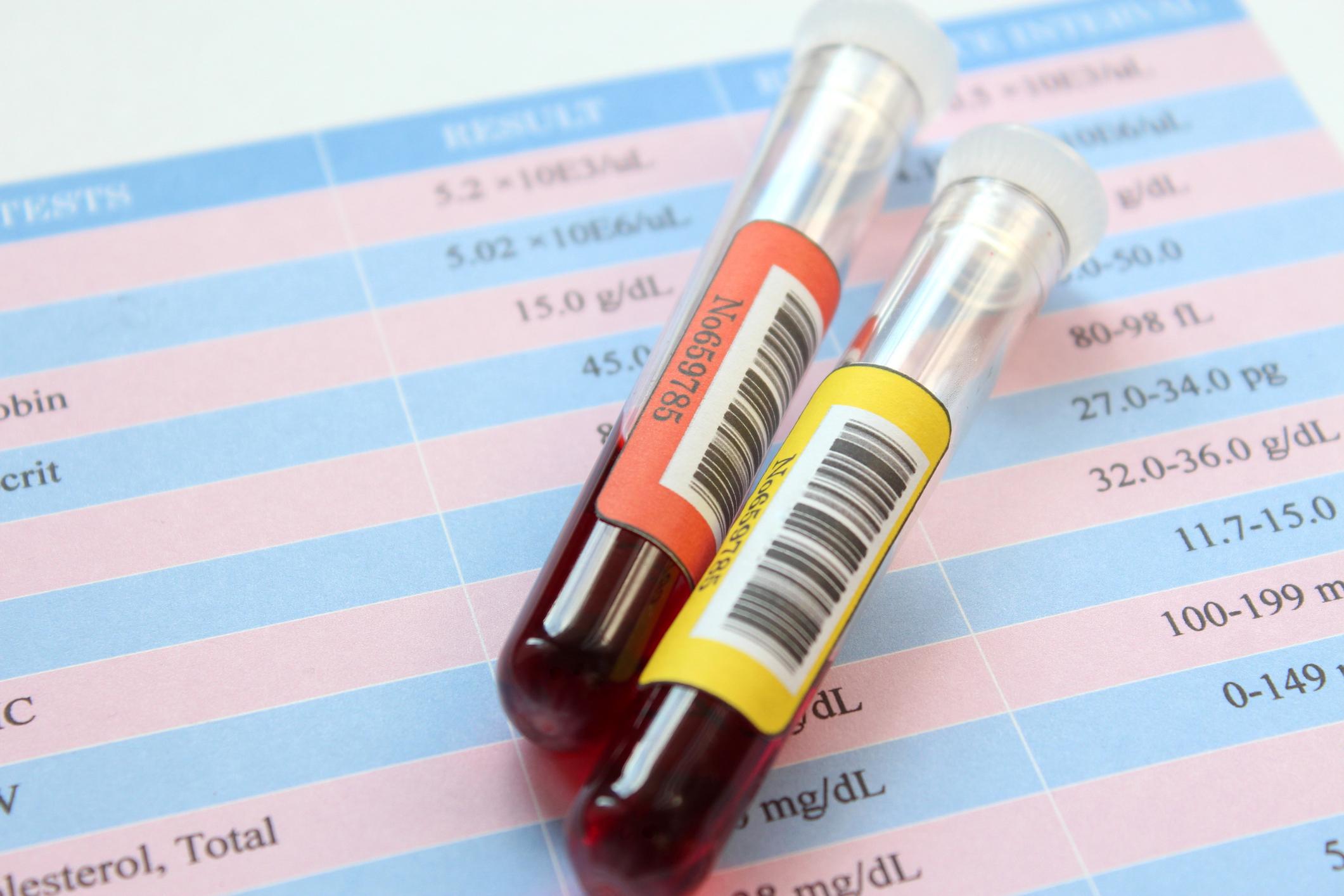We know: saturated fats increase the level of “bad” cholesterol in the blood. An American cardiologist delivers his recommendations to reduce their presence and prevent the risk of cardiovascular disease.

- The fatty deposits on the walls of the arteries of the heart linked to cholesterol can cause diseases such as angina pectoris, constriction of the arteries of the heart or myocardial infarction.
- In addition to an unbalanced diet, other factors can increase the level of “bad” cholesterol: a sedentary lifestyle, being overweight or even an underlying disease.
Cholesterol is a lipid made naturally by the body. Its quantity increases or decreases in depending on the diet. There are two types of cholesterol: high density (HDL) and low density (LDL).
Saturated fats promote the appearance of bad cholesterol
Considered the “bad” cholesterol, LDL can cause the formation of plaques and fatty deposits on the walls of the arteries of the heart when present in excessive quantities. This then prevents blood from flowing to the heart and brain. Conversely, HDL corresponds to the “good” cholesterol, because it eliminates the excess cholesterol present in the blood.
Processed foods, fatty meats, palm oil, whole dairy products or butter contain significant amounts of saturated fat. Excessive consumption of these foods therefore increases LDL levels in the blood and the risk of cardiovascular disease. “The consumption of saturated fat is directly related to the level of cholesterol in the blood (…) The higher the consumption of saturated fat, the higher the level of cholesterol in the blood will be”, pointed out Dr. Regis Fernandes, cardiologist at the Mayo Clinic (USA).
The right reflexes to lower cholesterol levels and protect your heart
In a publication, the American specialist has unveiled his recommendations for limiting the presence of saturated fats in the diet. In particular, he advised:
- consume, at least twice a week, fish rich in omega-3 fatty acids such as salmon, tuna or sardines, instead of red meat;
- favor lean meats and poultry;
- limit the consumption of processed foods;
- to use olive or soybean oil in place of butter for cooking.
















